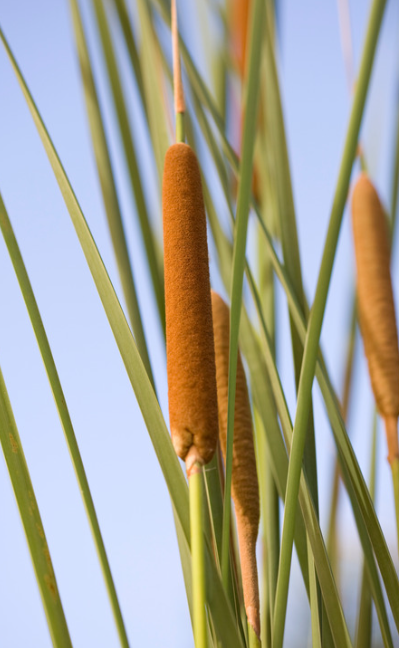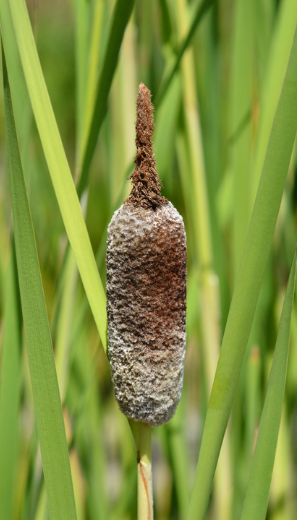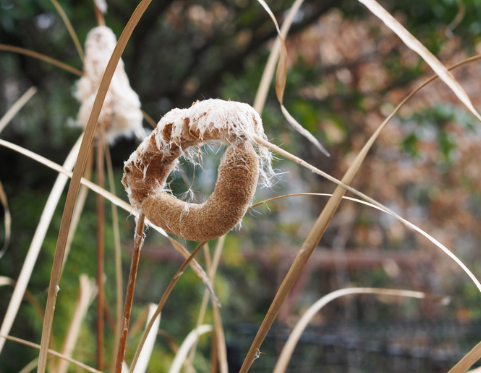Southern Cattail Plant
Southern Cattail (Typha domingensis) grows rapidly to 10 ft, prefers wet soil, full sun, high moisture, and is edible and medicinal.

Habit
Herb
Height
0.3-0.5 m
Growth
Fast
Soil
Wet, marshy soil
Shade
Full
Moisture
High
Edible
Yes
Medicinal
Yes
Origin
North America, Europe
Climatic Condition
Wetlands, Coastal
Temperature (°)
15-35°C
Humidity (%)
50-80%
Potting media
Loamy, peat
Fertilizers
Low NPK, minimal feeding
Watering
Regular
Plant Weight
300-600 g
Flowering Time
Summer, Fall
Soil Ph level
6.0 - 7.5
Water Ph level
6.5 - 7.0
Soil EC
1-2 dS/m
Yield Per Plant
Fiber, water purification
NPK ratio
10:10:10
life Span
Perennial
Health Benefits
Fiber, water purification
Suggested Grow Media or Potting Mix ?
50% compost, 25% sand, 25% peat moss
Suggested Fertigation/Fertilizers
Fertilize every 2-3 weeks with balanced liquid fertilizer.
Common Diseases and Remedies
Leaf Spot, Rust, Downy Mildew, Fusarium Wilt, Aphid Infestation.
Brown or black spots on leaves, Reddish pustules on leaves, White fungal growth on leaves, Wilting and yellowing leaves, Leaf curling and distortion.
Copper-based fungicides, Fungicides with propiconazole, Fungicides with mancozeb, Fungicides with tebuconazole.
HEALTH BENEFITS
· Used in traditional medicine for wound healing and treating infections.
· Young shoots and pollen are edible and nutritious.

